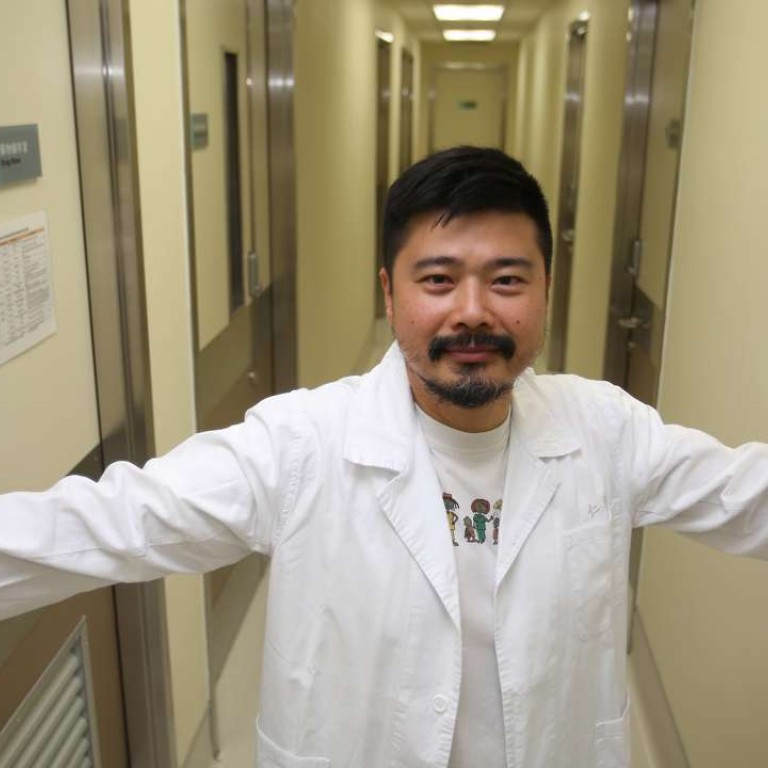
Hong Kong charity reaches out to ethnic minorities who face barriers to health care
Health in Action says funding from Operation Santa Claus will help it to support a community at growing risk of developing chronic problems
Ethnic minorities in Hong Kong are increasingly developing preventable chronic health problems but face significant barriers to accessing health care, a charity has warned.
South Asians in particular are facing rising levels of diabetes, obesity and heart conditions, partly because of their traditionally high-fat diets, according to Health in Action.
It aims to provide support for 500 patients in two years, but hopes the number of people who benefit from the scheme will be significantly larger if beneficiaries go on to educate family members about their health.
The funding will also enable the charity to carry out related advocacy and research in collaboration with health professionals and academics.
Charity co-founder Dr Fan Ning works as a surgeon in Hong Kong but has also served stints with organisations including the Hong Kong Red Cross and Medecins Sans Frontieres.
He said that while he considered Hong Kong to have one of the best health care systems in the world, he thought it was generally only serving the local Chinese population.
“The medical system here is in English, but in reality the communication is in Cantonese,” he said. “I think [ethnic minorities] need more in their own language. And their health problems often come at a social cost. I want to eliminate this kind of inequality in Hong Kong.”
I want more community based health projects so these patients do not even have to come to doctors
Recent statistics show the charity faces a huge challenge; 22 per cent of the city’s 61,400 South Asians continue to live in poverty even after policy intervention, according to a 2015 report.
Fan said there was a mentality among the South Asian community to consider themselves healthy if they were physically still able to work.
“I want more community based health projects so these patients do not even have to come to doctors,” he said. “It is about taking a preventative approach.”
The government has previously been criticised for failing to support ethnic minorities seeking health care.
Writing in her 2015 research paper Status of Ethnic Minorities in Hong Kong 1997-2014, Puja Kapai, director of the Centre for Comparative and Public Law at the University of Kong Kong, said the “language barrier” was the primary hurdle faced by ethnic minorities.
“Whilst the population of ethnic minorities continues to grow in Hong Kong, the government has paid insufficient attention to the problems faced by ethnic minorities in terms of equal accessibility to health care services,” she wrote.
Karen Lau, Health in Action’s project co-ordinator, said the government had historically considered extra language support for ethnic minorities as financially inefficient.
“But for us, we believe everyone should be able to access a good standard of health care,” she said.

